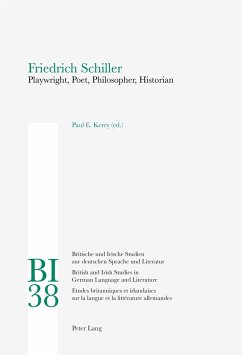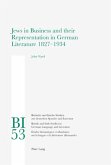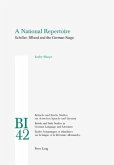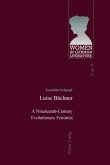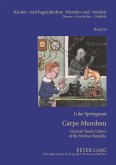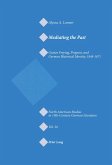Friedrich Schiller (1759-1805) absorbed the fertile ideas of the German Enlightenment, observed first-hand fresh developments in German Romanticism, and fostered one of Europe's last great Classical movements. His insights into the human condition have endured and are as valuable now as they were when he first wrote. His characterisations of human nature remain compelling and his stylistic achievements in language continue to be admired and studied. His writing spanned many genres - poetry, prose, drama, history, philosophy - and includes a rich correspondence with Goethe. In this volume, an interdisciplinary and international group of scholars examines the many sides that Schiller displays. The contributors illuminate key facets of his ideas by organising his writing around his various vocations: his medical training; work as a poet, young dramatist, and author of literary prose; his tenure as a university professor and historian; the mutually productive partnership with Goethe;his philosophical writings; and his final years as a mature playwright. His afterlife, what Schiller has meant to Germans for two centuries, is also considered.
«I would recommend [this book] highly as an addition to any academic library. [...] The volume will also be helpful to scholars and non-scholarly readers looking for a sophisticated introduction to Schiller's work. Paul Kerry is to be commended for gathering this group of fine scholars and getting them to express their knowledge so accessibly and thoughtfully.» (Robert Bledsoe, H-Net Reviews)
«(...) this collection of essays is a thoroughly edifying and enjoyable read, inside or outside the classroom, and a substantial contribution to Schiller scholarship.» (John P. Heins, The Eighteenth-Century Intelligencer)
«With its combination of accessibility and even-minded assessment this collection of essays will be the point of departure for anyone taking a new look at Schiller today.» (Dr. Michael John Kooy, Journal for Eighteenth-Century Studies)
«(...) this collection of essays is a thoroughly edifying and enjoyable read, inside or outside the classroom, and a substantial contribution to Schiller scholarship.» (John P. Heins, The Eighteenth-Century Intelligencer)
«With its combination of accessibility and even-minded assessment this collection of essays will be the point of departure for anyone taking a new look at Schiller today.» (Dr. Michael John Kooy, Journal for Eighteenth-Century Studies)

